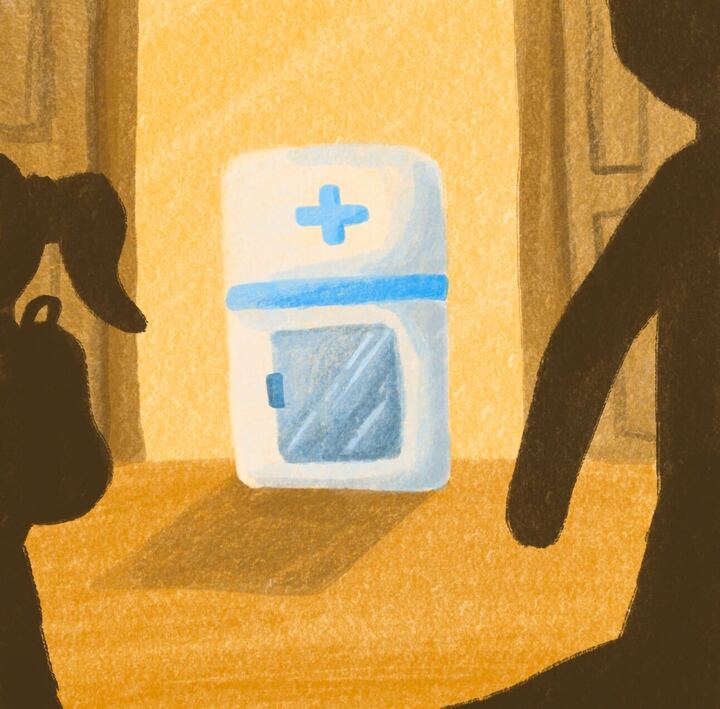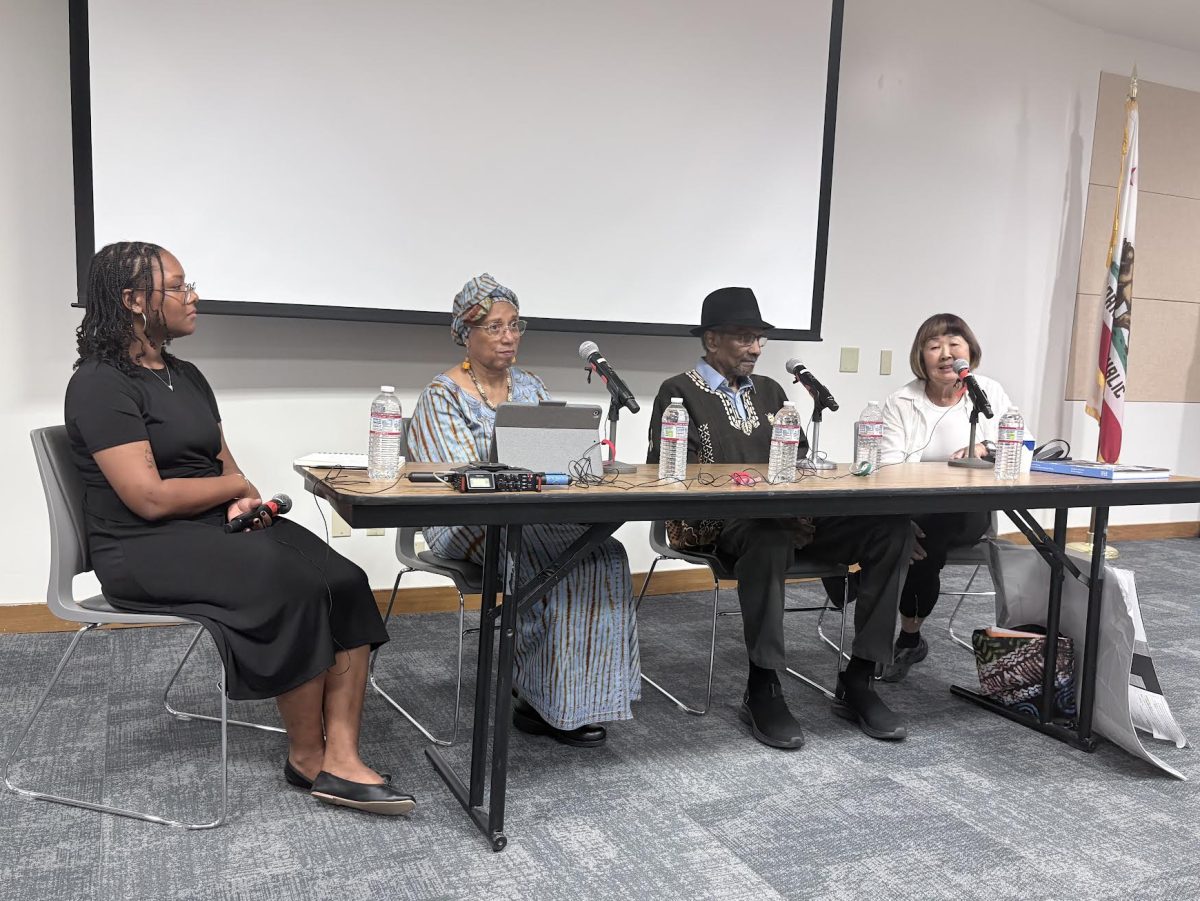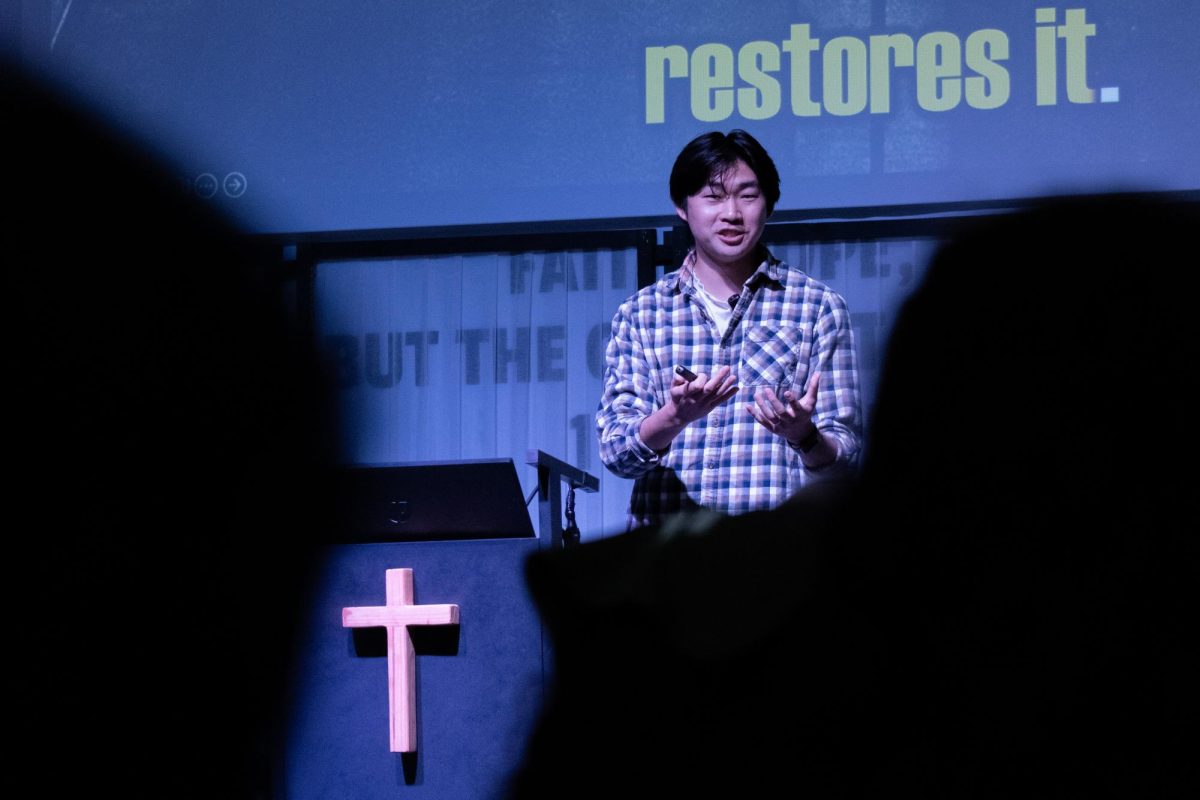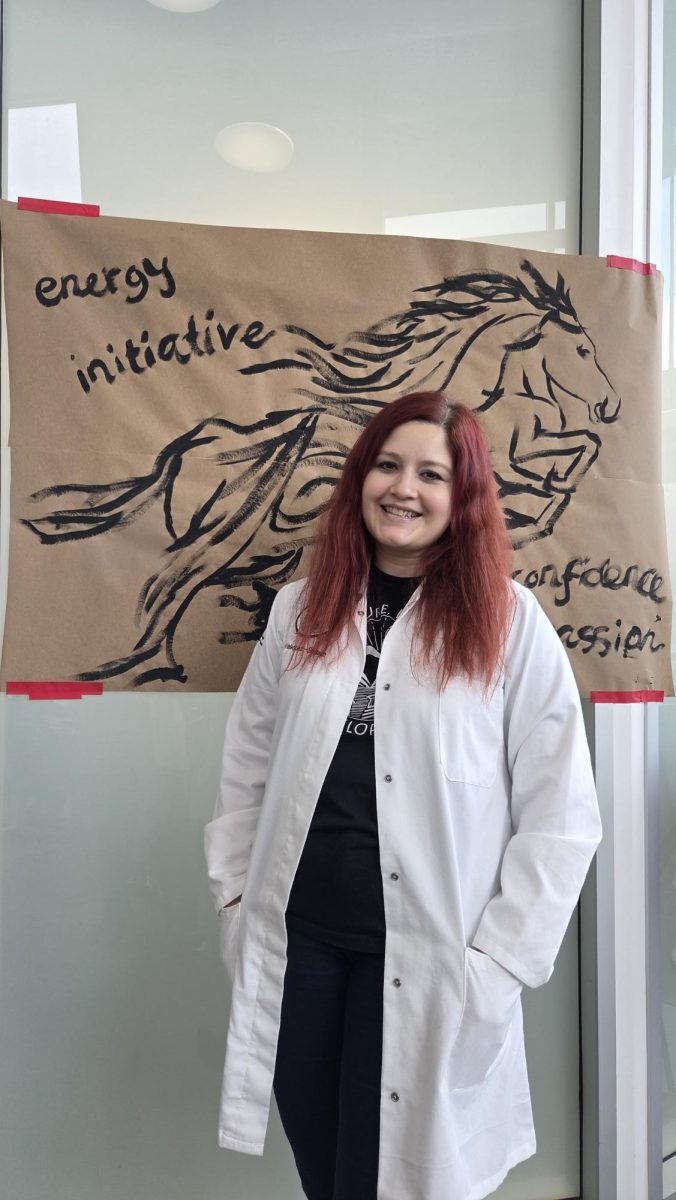California State University Northridge (CSUN) and all California State Universities will embark on a significant new initiative on Jan. 1, 2025, by implementing bill AB 1841 which was passed in March. This legislation builds on the earlier SB 367, which mandated that public universities stock naloxone, commonly known as Narcan, in their campus health centers and train staff members on its administration.
Narcan and Naloxone are both opioid overdose reversal medications. The drug most commonly associated with these life-saving devices is fentanyl, a powerful synthetic opioid that is 50 to 100 times more potent than morphine. Consumption of a speck of fentanyl, an amount smaller than a few grains of salt, could be fatal. Fentanyl poses a high risk of accidental overdose when laced with other drugs.
In 2020, fentanyl accounted for 50% of drug-related deaths in L.A. County. Fentanyl test strips help prevent overdoses by detecting the presence of fentanyl in various drugs. AB 1841 is a proactive step to enhance student awareness and safety. It requires California Community Colleges (CCC) and California State Universities (CSU) to inform students about Narcan and the availability of fentanyl test strips during their campus orientations.
Students will also receive email notifications at the beginning of each semester, detailing the locations to easily access these vital, life-saving resources, empowering them to be prepared for emergencies. In addition, health centers will implement comprehensive training sessions for all students residing on campus, teaching them how to administer Narcan correctly during orientation. Each student living in campus housing and members of fraternities and sororities, will receive two doses of Narcan to ensure they are prepared for an emergency.
Narcan will be stored in lockable, emergency-breakable boxes within housing units, designed to ensure that everyone knows where to find it when it is needed most. Residential advisors and house managers will undergo Narcan training. At the beginning of each semester, resident students will receive email reminders that their advisors are trained and equipped to assist during emergencies. Drug testing devices for various substances will also be available at campus housing, accessible at designated locations or through inquiries with department heads.
While the wheels turn on this bill and the university works on its implementation, here are locations where you can currently find Narcan: the Department of Police Services, University Counseling Services, Women’s Resource and Research Department, Klotz Health Services and upon inquiry with the heads of your specific Department. Students can also access Fentanyl test strips at the Pharmacy at Klotz Health Services.
It is crucial to understand the significance of this initiative, even if you or your friends do not use drugs. The alarming prevalence of fentanyl-laced pills poses a severe threat. The Drug
Enforcement Agency (DEA) reports that an astonishing six out of ten counterfeit pills tested
contain potentially lethal amounts of fentanyl. In just 2021, the DEA seized 20 million fake pills, with a staggering four out of ten of those containing this dangerous substance. Research indicates that 40% of college students meet the criteria for substance abuse, yet a significant 60% hesitate to seek help due to the stigma surrounding addiction.
Many fentanyl-related deaths occur by accident and are not necessarily linked to chronic substance abuse. These dangers extend beyond opioids, such as OxyContin and Percocet; fentanyl has increasingly infiltrated recreational substances like cocaine, ketamine, ecstasy, Adderall, heroin and more, highlighting the urgent need for awareness and preparedness.
Learning how to administer Narcan is quick and easy. It only takes 15 minutes, and you can access the training through the Klotz Student Health Center Narcan page. This training teaches you about the signs and symptoms of an overdose, how to administer Narcan, and how to store and keep your Narcan safe.
After watching the video and answering some questions, you can pick up two doses of Narcan from Klotz Health Services. By doing so, you can be a part of saving lives, feeling reassured and confident in your ability to respond in an emergency. Also, it’s important to note that California’s Good Samaritan Law protects those giving emergency medical care at the scene of a medical emergency, including administering naloxone. This means that if you administer Narcan in good faith to someone you believe is experiencing an opioid overdose, you are protected from legal liability.












